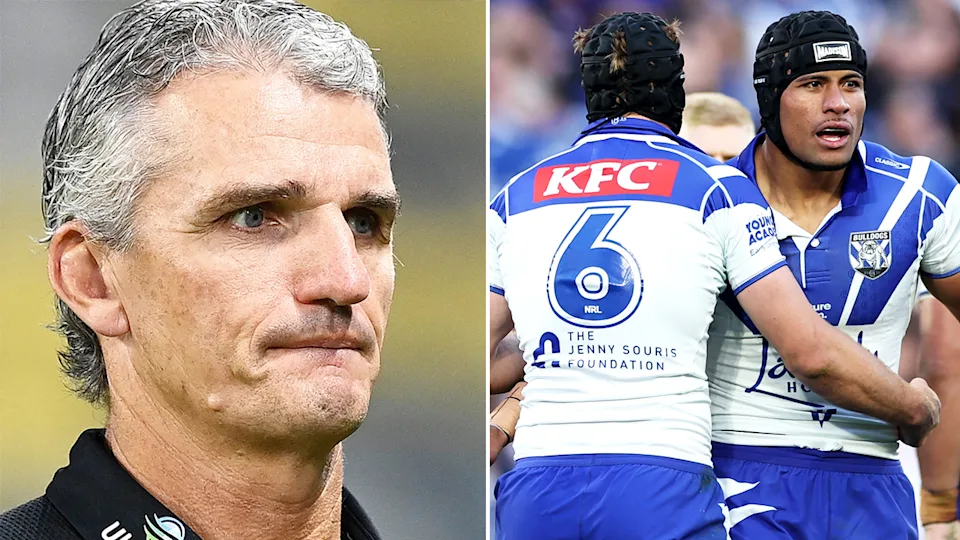
Fresh Calls for NRL Rule Change After Panthers Forced to ‘Gift’ Star Juniors to Rivals
The Penrith Panthers find themselves back at the centre of heated debate after recent league rule changes allowed rival clubs to approach and sign some of their top junior talents—with minimal compensation. And once again, leading figures like Andrew Johns and coach Ivan Cleary are insisting the NRL must reform the system to protect clubs that heavily invest in developing homegrown stars.
The Panthers’ Golden System Under Threat
Penrith’s dominance of junior talent has come at a steep cost: since 2020, they’ve lost at least 17 players who’ve risen through their development pipeline, including prized juniors like Spencer Leniu and Stephen Crichton. With scads of players now leaving, Penrith’s investment into grassroots development—reportedly over $4 million annually—isn’t paying dividends .
Former great Andrew Johns, a vocal critic, has called this exodus “unfair,” advocating that Penrith and other high-investment clubs should receive special dispensations or financial benefits to offset their massive investment and talent drain .
Strategic Transfers Spark Outrage
The current contract rules permit players to sign with rival clubs up to 12 months in advance—a process that has increasingly helped rivals secure talent without paying meaningful compensation. Players like Crichton and Luai, both juniors of Penrith, have since left for rival teams with little pushback from the Panthers.
Penrith coach Ivan Cleary echoed Johns, explaining that their junior development unit was “the biggest in the world” and under siege due to clubs taking their talent while benefitting from foundations laid by Penrith’s youth program.
“We should get compensation,” Cleary told media in May, noting that losing so much junior talent is more than just expected business—it impedes long-term strategic planning.
Debate Rages Over Salary Cap & Development Incentives
Other experts argue that the current salary-cap structure, designed to distribute talent evenly, inadvertently penalises clubs that succeed with junior investment. Johns proposes a system where those clubs could benefit either through compensation payments if a player leaves or reduced salary-cap charges for home-grown talents.
What the NRL Could Do
Several potential reforms are on the table:
- “Backflip” clause – allowing clubs a quick ten-day window to match any rival contract offer.
- Development discounts – reducing cap charges for players legally classified as homegrown.
- Compensation pay-outs – providing financial compensation to clubs when their juniors sign elsewhere .
The Panthers Stand Firm
For now, Cleary and the Panthers remain committed to their model—but warn that, without urgent changes, top-tier clubs with strong junior systems risk becoming feeder schools. Penrith’s fury over losing talent—for little to no return—is the latest flashpoint in a broader conversation about how investment, fairness, and development should truly be rewarded in the NRL.
Conclusion
As the Panthers gear up for yet another dominant season, off-field tensions are simmering. Without a structural overhaul, NSW’s powerhouse could continue to fuel the success of others—while watching their own roster unravel. And as calls for rule change grow noisier, one thing is certain: the NRL’s current system won’t hold much longer under scrutiny.







